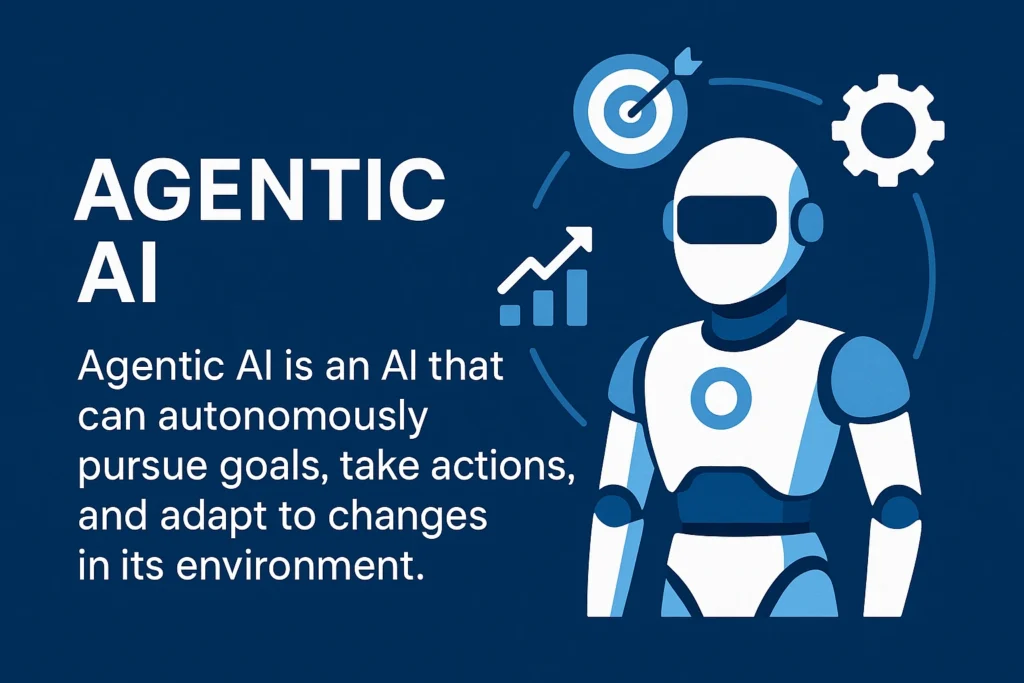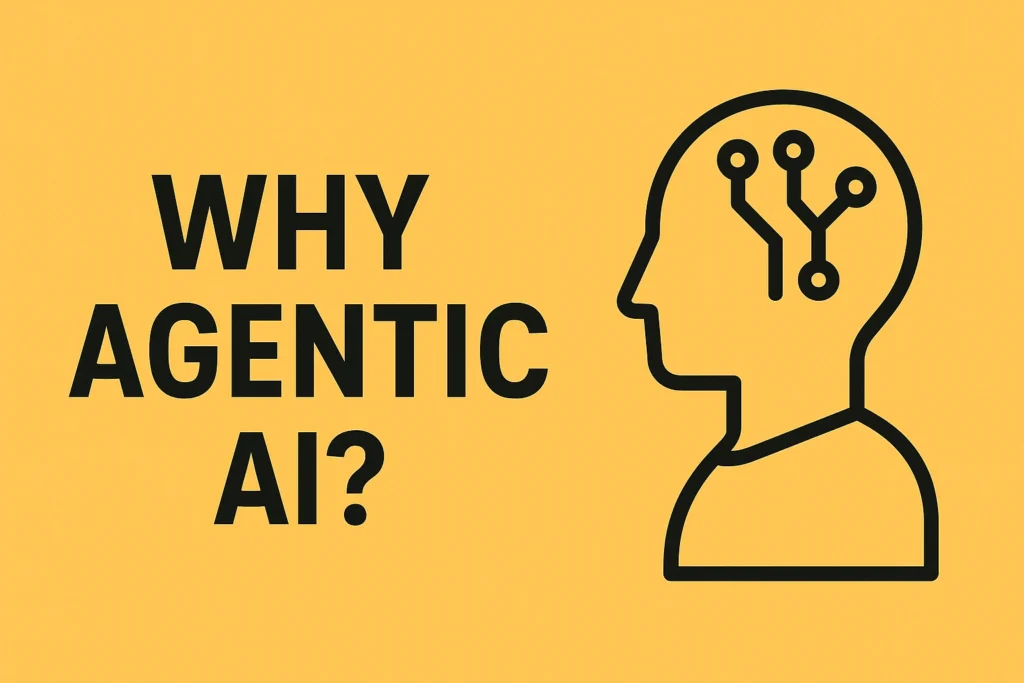Table of Contents
ToggleAndrew Yang: AI and the Future of Work

AI & Future of Workforce: Andrew Yang on How the Technology Will Impact Jobs
Source: Excerpts from "AI & future of workforce: Andrew Yang on how the technology will impact jobs"
I. Overview
This summarizes key insights from Andrew Yang's discussion on the accelerating impact of Artificial Intelligence (AI) on the workforce and society. Yang argues that AI's disruptive potential is unfolding much faster than anticipated, leading to significant job displacement across various sectors, from customer service and design to coding and even truck driving. He emphasizes that this "fourth industrial revolution" is unprecedented in its scale and speed, challenging the traditional belief that technology always creates more jobs than it destroys. Yang advocates for proactive governmental intervention, particularly through Universal Basic Income (UBI), to mitigate the societal fallout and ensure that the benefits of AI are shared broadly, rather than being concentrated among a few powerful firms.
II. Main Areas & Key Insights
A. AI's Rapid Acceleration and Unprecedented Job Displacement:
- Faster than Anticipated: Yang asserts that AI's impact is "here even faster than I'd imagined back in 2019 and 2020."
- Widespread Displacement: CEOs are "replacing thousands of customer service workers with AI, entire design departments, even coders are being supplanted."
- Impact on Entry-Level White-Collar Jobs: Dario Amodei, CEO of Anthropic, is quoted as saying, "we're going to automate away a lot of the entry level white collar jobs. And he's right, because I talked to executives at these companies who are doing exactly what Andy Jassy is talking about, Amazon looking around and saying, hey, guys, instead of hiring a bunch of 22 year olds, maybe we should have AI do that work." This creates a daunting future for "the next generation, because all of the experience that maybe we got in our 20s and 30s, there might not be that kind of ladder available to them."
- The Luddite Argument Revisited: Unlike past technological advancements that often created new jobs, Yang contends "this time is different with AI." He suggests the traditional "Luddite course" of displacement followed by more jobs may not hold true, with the potential for "not just displacing us from work, but maybe just displacing us altogether 100 years from now."
- Efficiency leading to fewer jobs: In practical terms, AI empowers existing workers, but at the cost of headcount: "you have a department of six people, let's say coders or designers, and then you end up eliminating 4 or 5 of them. And then there's one designer coder empowered by AI. So there's going to be a beneficiary in the organization, but you're just not going to need as many people in that department."
B. The "Fourth Industrial Revolution" and its Societal Implications:
- Most Dramatic Societal Shift: Yang states, "this fourth industrial revolution is the most dramatic thing that's happened to our society in history. I might be the most radical breakthrough in human history."
- Divergent Corporate and Societal Interests: Companies are driven by an "arms race" mentality and competition with entities like China, pushing them to "go, go, go as fast as possible." However, their "responsibility is not society wide. Their responsibility is just to make the organization successful. And those interests are going to diverge from the average workers pretty sharply."
- Changing Metrics of Corporate Health: Traditionally, "when you guys saw a company increase headcount, you'd say, okay, good. They're growing, they're healthy." Increasingly, "headcount is going to be a bad sign, and you're going to look at them and say, wait a minute, what are you guys doing wrong?"
C. The Need for Proactive Governance and Universal Basic Income (UBI):
- Governmental Role in Mitigation: Yang sees UBI as "the answer" to the impending job displacement. He emphasizes that government and politics are crucial for navigating this transition, as "the beneficiaries of AI are going to be a small handful of firms, and then the average 22 year old or truck truck driver or whatnot is going to be just looking around saying, where did my job go?"
- Lack of Political Preparedness: A major concern is that "right now our political class is very, very far away from these problems." Yang advocates for "clear eyed about the impact on people, on organizations, on workers."
- Call for Corporate Transparency: Yang urges CEOs to "come clean" about their intentions to reduce headcount through AI, highlighting that "Andy Jassy making those public statements, Dario Amodei making those public statements, they're signaling to us guys, we are going to be getting rid of a lot of workers. We're going to get leaner and meaner. So please, please, if you are in government, do something about it."
D. The Challenge of AI Regulation:
- Corporate Lobbying for Federal Preemption: AI companies prefer a "federal hands off approach" or, if regulation is inevitable, a single federal framework rather than "a hodgepodge of state rules that you then have to navigate or run afoul of." This is evidenced by "backers, a lot of the big AI names that are backing and kind of lobbying for" a federal-only regulatory approach.
- Risk of a "Wild West" Scenario: Without a "buttoned up, sensible approach from the federal government," Yang warns of a "Wild West approach," driven by corporate incentives to "let us do whatever we want" and a reluctance from individual legislators to "mess with the AI guys."
III. Important Ideas/Facts:
- Current Job Displacement Examples: Thousands of customer service workers, entire design departments, and coders are being replaced by AI.
- Most Common Job: Truck driver is still the most common job in 29 states, and "robot trucks just now hitting the highways" threaten this sector.
- Entry-Level White-Collar Jobs: These are particularly vulnerable to automation.
- Corporate Perspective: CEOs like Andy Jassy (Amazon) and Dario Amodei (Anthropic) are openly discussing the strategy of getting "more done with scrappier teams" and replacing new hires with AI.
- Pope's Involvement: The Pope is engaging with the issue, advocating for science and politics to "immediately tackle this problem with without allowing scientific progress to advance with arrogance, harming those who have to submit to power."
- The "Arms Race" Incentive: Individual firms are incentivized to develop AI as fast as possible due to competition and the fear of falling behind rivals like China.
- Federal vs. State Regulation: There is a push from AI companies for federal preemption of AI regulation to avoid a fragmented regulatory landscape.
IV. Conclusion:
Andrew Yang paints a stark picture of AI's imminent and profound impact on the global workforce. He argues that the traditional economic model of job creation through technological advancement may not apply, necessitating a paradigm shift in how societies prepare for and adapt to this transformation. The core challenge lies in bridging the gap between rapid technological progress driven by corporate self-interest and the slower pace of political and social adaptation. Without proactive and decisive governmental action, particularly through mechanisms like Universal Basic Basic Income, the benefits of AI risk being concentrated among a select few, while the majority of the population faces unprecedented job insecurity and economic disruption. The current lobbying efforts by AI companies to centralize regulation at the federal level, coupled with a perceived lack of political will, suggest that a "Wild West" scenario without adequate safeguards is a distinct possibility.
Frequently Asked Questions: AI's Impact on the Workforce
Posts Gallery
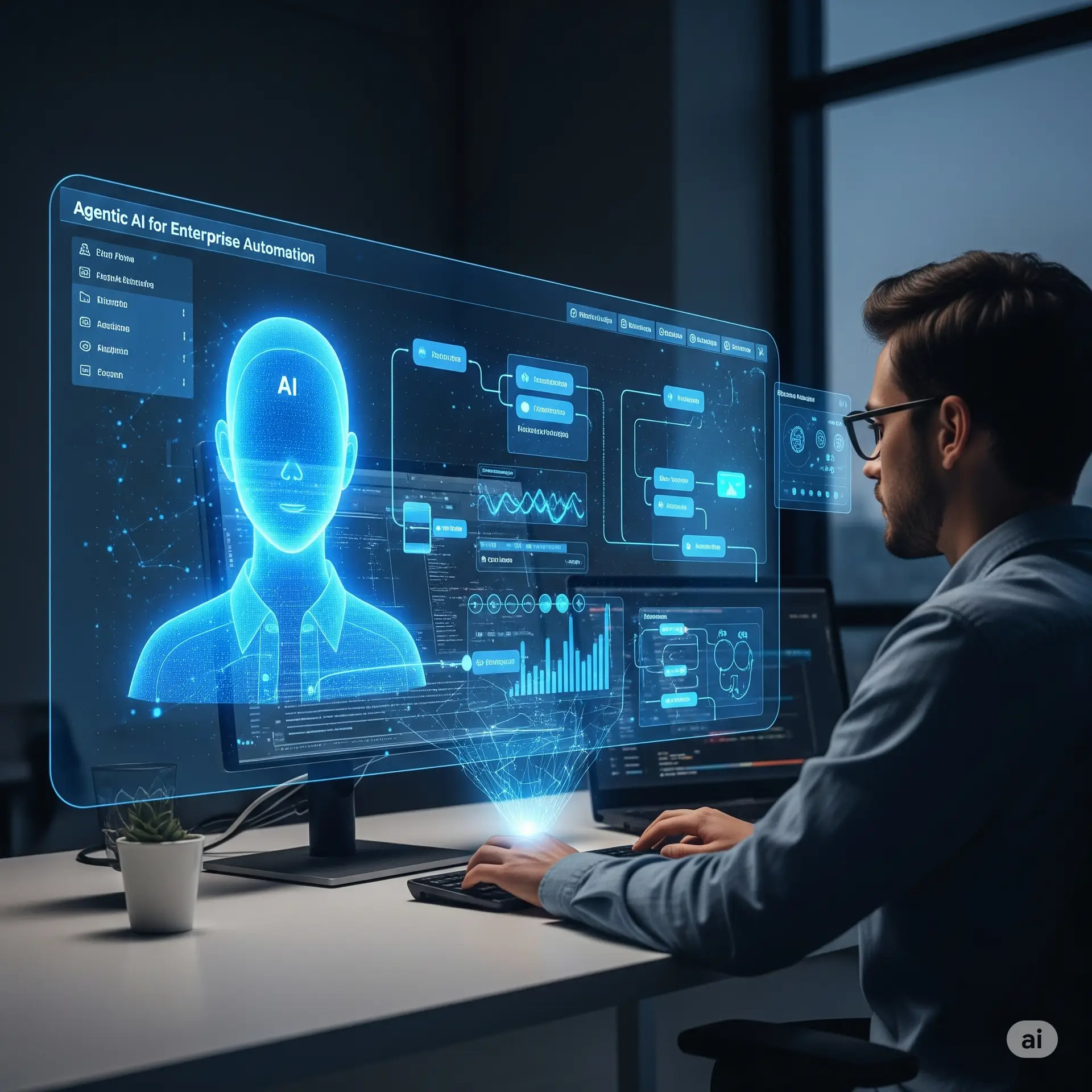
Agentic AI for Enterprise Automation
Discover how Agentic AI revolutionizes enterprise automation, boosting efficiency and strategic decision-making.
Read More →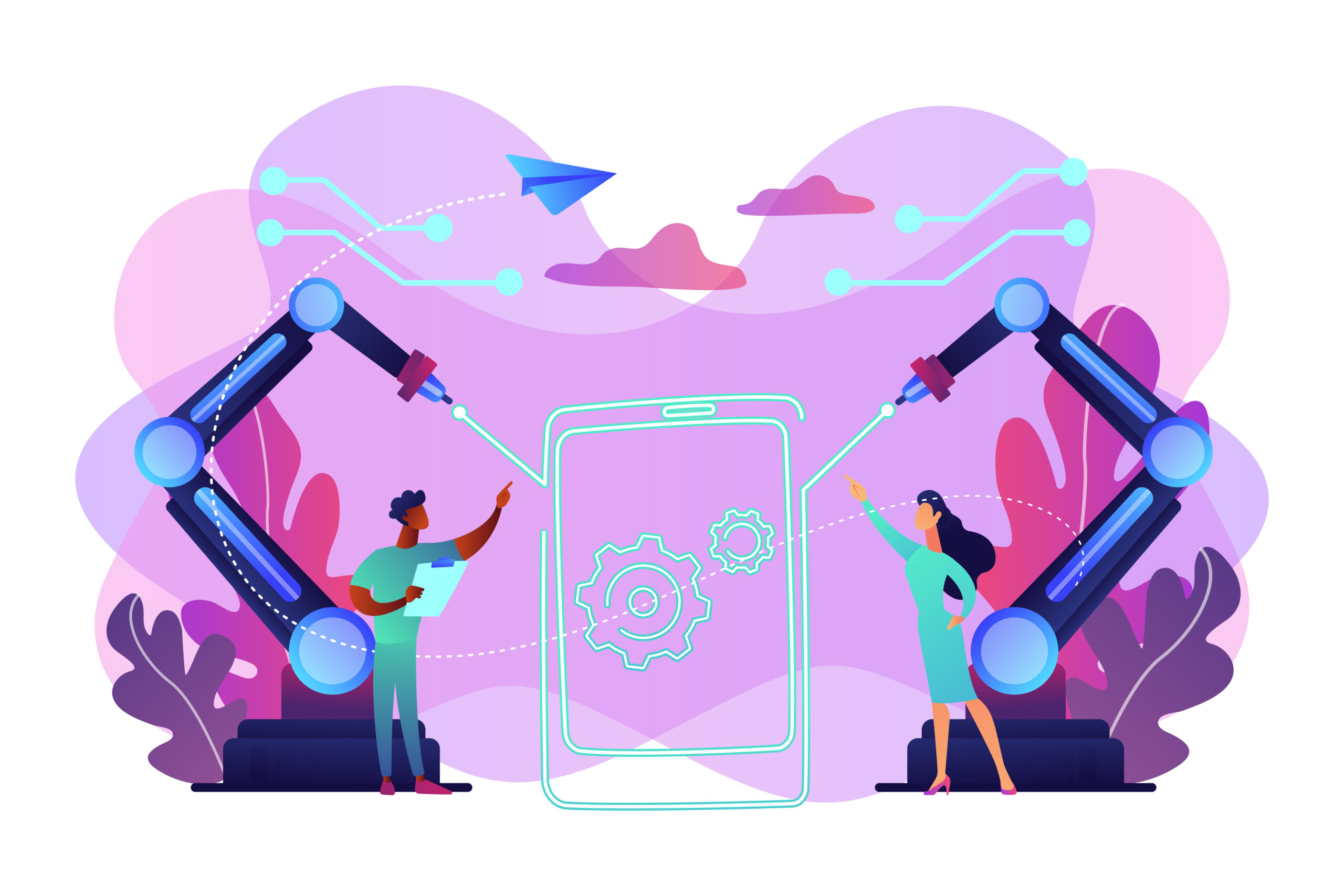
How Agentic AI Works: Intent to Execution
Unpack the intricate process of Agentic AI, from understanding user intent to executing complex tasks autonomously.
Read More →
Purpose & Use Cases of Agentic AI
Explore the diverse applications and strategic importance of Agentic AI across various industries and daily operations.
Read More →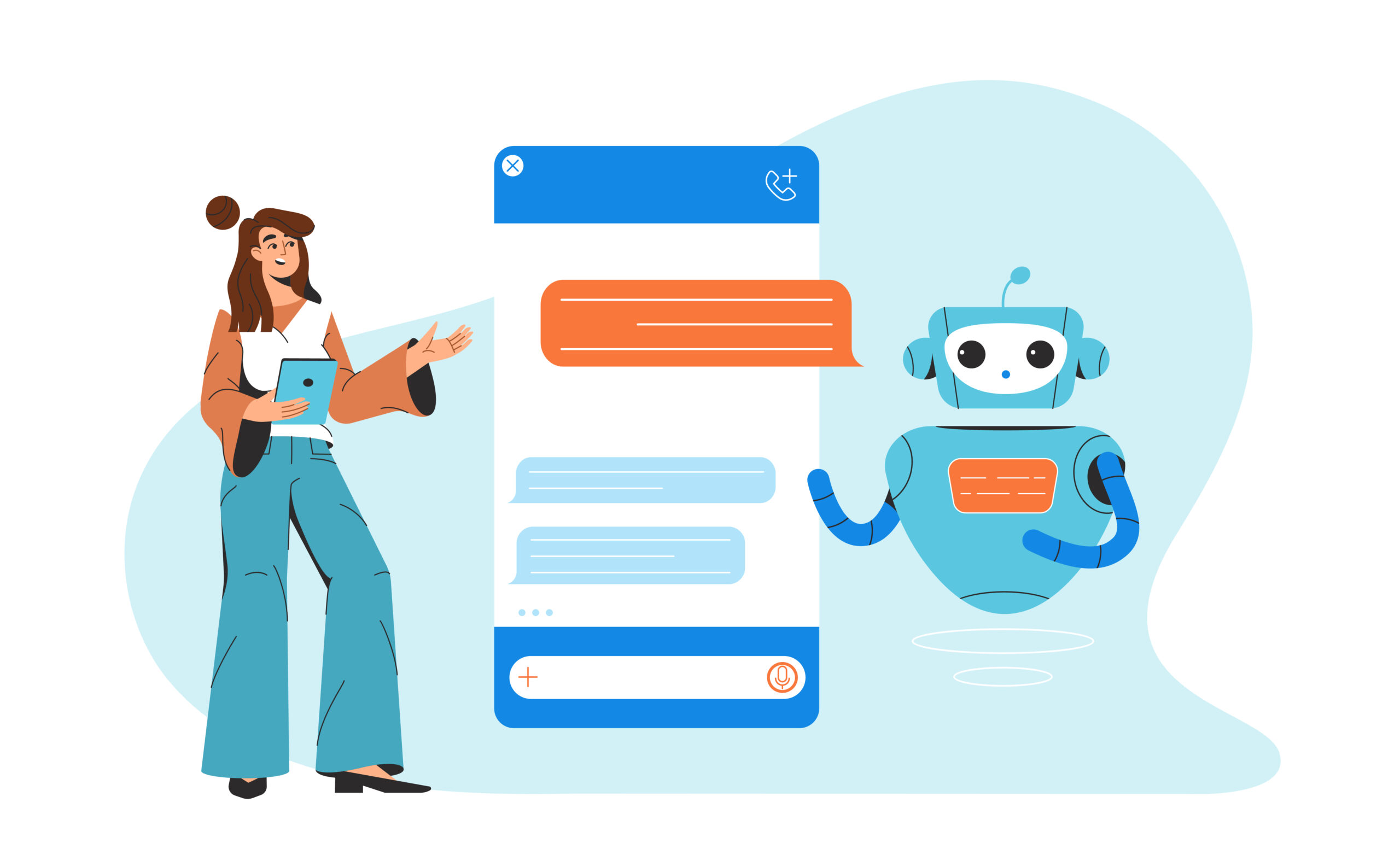
What is Agentic AI?
A foundational article explaining the core concepts of Agentic AI, defining its components and its role in modern automation.
Read More →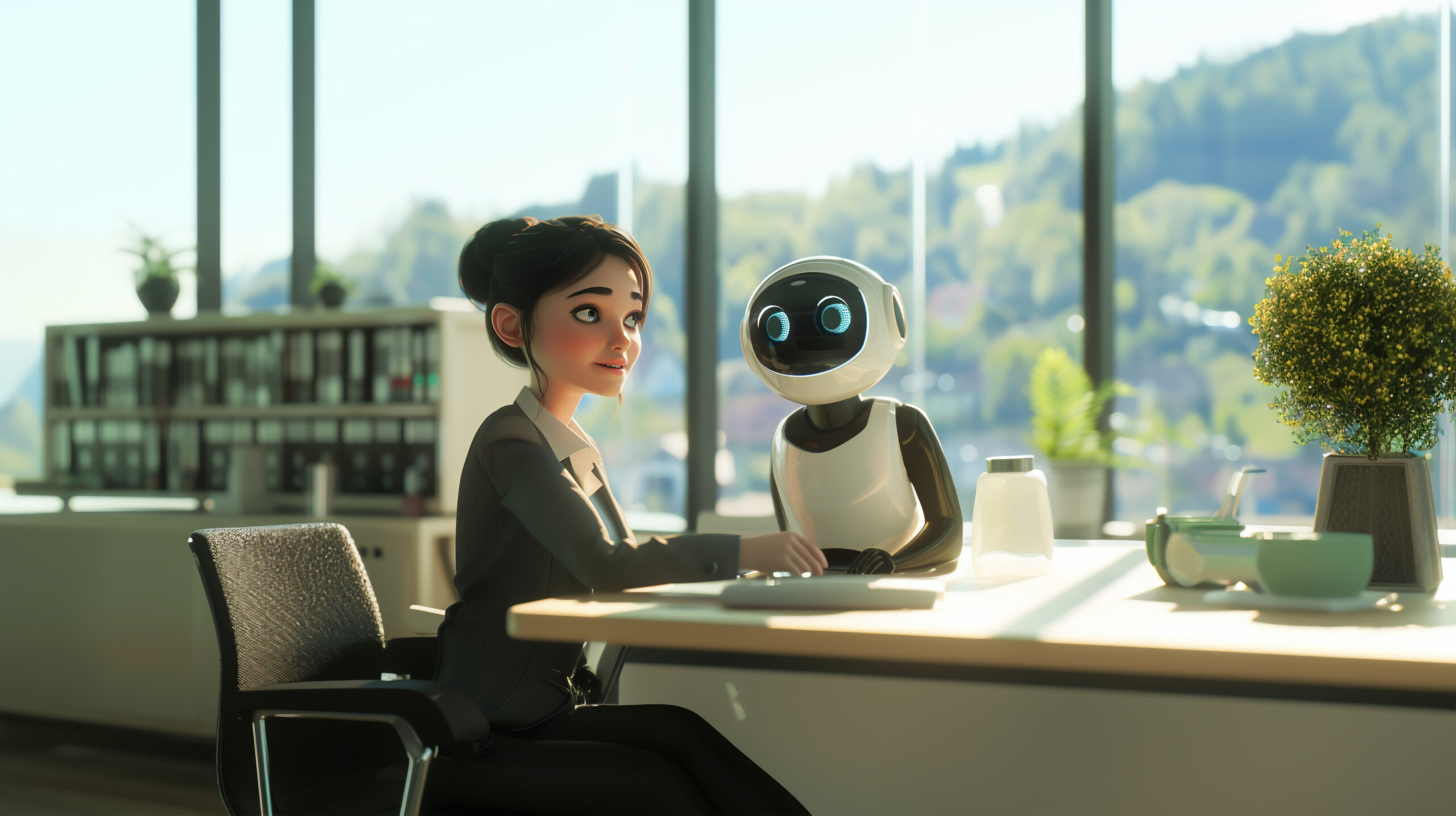
Why Agentic AI?
Understand the compelling reasons and significant benefits that make Agentic AI a transformative technology for efficiency and innovation.
Read More →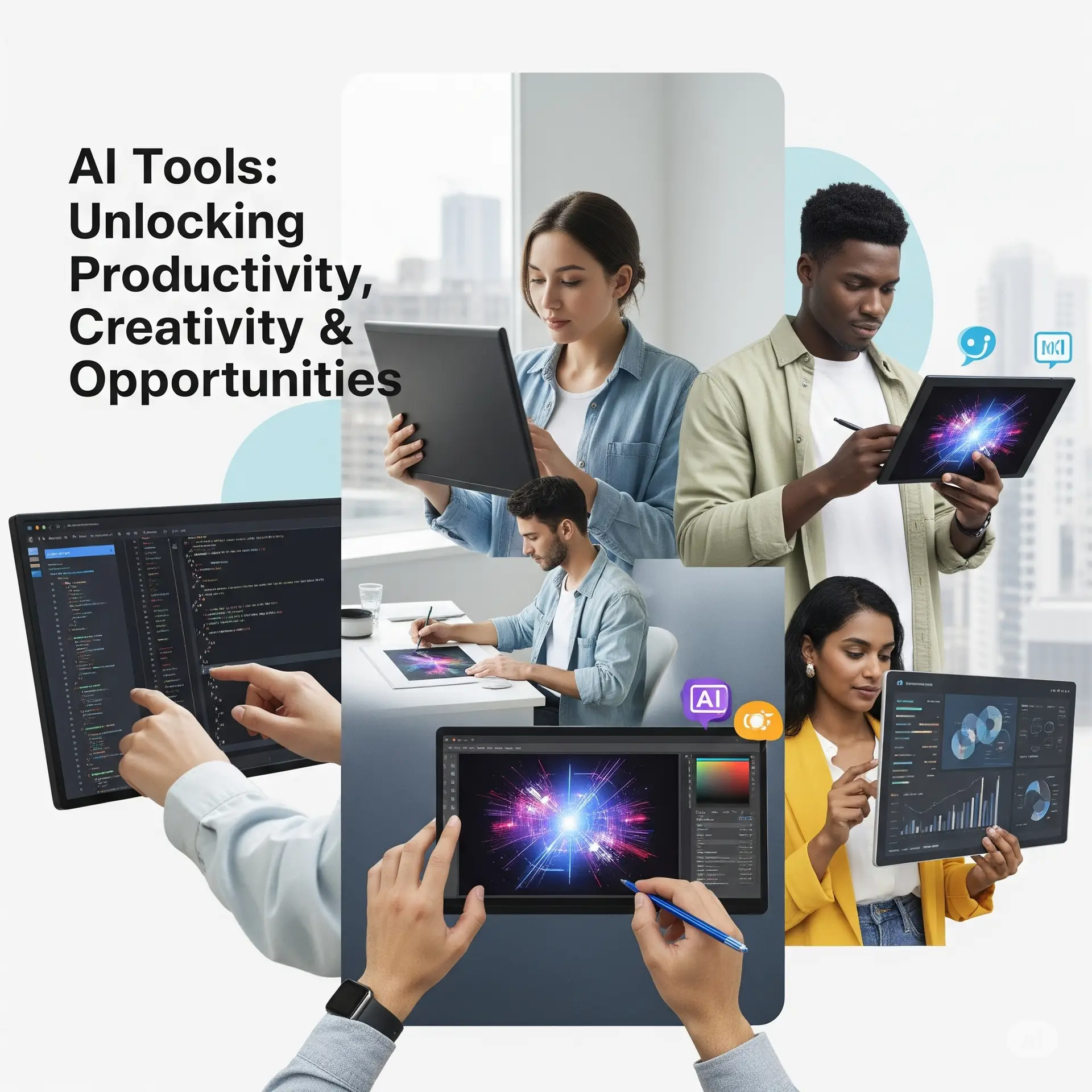
AI Tools Spotlight
A comprehensive overview of cutting-edge AI tools that are shaping the future of automation and intelligent systems.
Read More →
